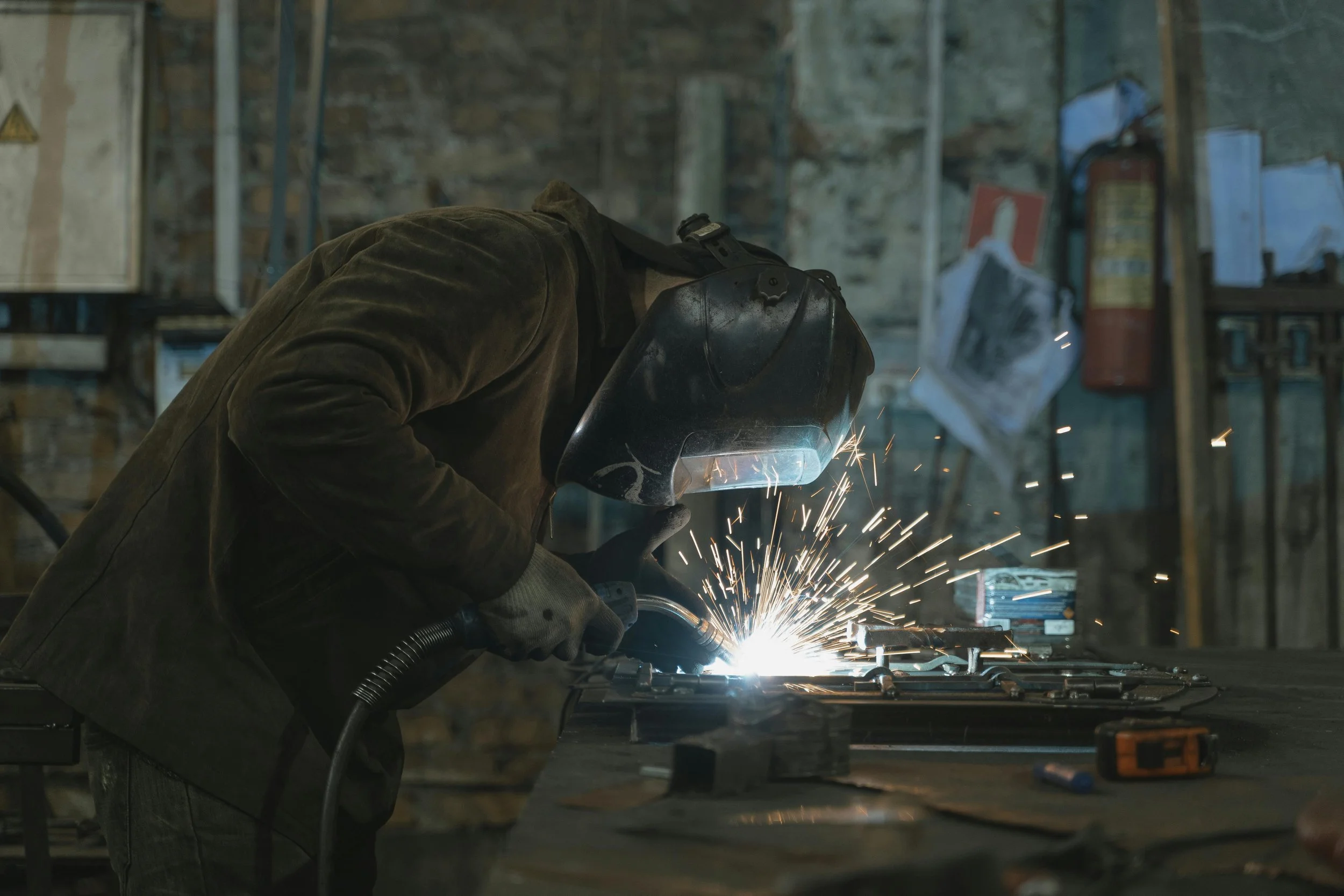The Importance Of Quick Turnaround In Emergency Metal Fabrication
In industries that depend on large-scale equipment, structural steel, or custom components, time is often just as valuable as the materials themselves. When something goes wrong—a failed weld, a broken support, or a compromised part—operations can grind to a halt. That’s where emergency metal fabrication becomes a critical service. The ability to respond quickly to unexpected breakdowns or failures can mean the difference between a brief interruption and a costly shutdown.
Why Emergency Metal Fabrication Matters
Unexpected equipment or structural issues rarely happen at convenient times. Manufacturing plants, energy facilities, construction projects, and heavy equipment operators all face situations where waiting weeks for a new part or repair isn’t an option. Emergency fabrication services provide the speed and expertise needed to repair or replace components on short notice, minimizing downtime and preventing further damage.
The financial stakes are high. Delays in production can ripple through supply chains, impact customer commitments, and inflate project costs. For industries like oil and gas, utilities, and transportation, downtime isn’t just expensive—it can pose safety risks. Having access to an emergency fabrication team ensures that critical repairs are made promptly and operations resume safely.
Speed Without Compromising Quality
While speed is the hallmark of emergency fabrication, quality cannot be sacrificed. Skilled fabricators are trained to work efficiently under pressure, often using advanced cutting, welding, and machining technologies to deliver precise results quickly. Mobile welding units, CNC cutting tools, and on-site repair capabilities all play a role in ensuring that the solution is not only fast but durable.
It’s important to recognize that emergency situations don’t eliminate industry standards. Fabricators must still adhere to safety codes, proper material selection, and quality inspections. A rushed repair that doesn’t meet these standards can create bigger problems down the road. Experienced shops balance urgency with reliability, ensuring repairs meet both immediate and long-term needs.
Key Industries That Rely on Emergency Fabrication
Construction: Unexpected failures in beams, brackets, or machinery can stall progress. Emergency fabrication keeps projects on schedule.
Energy & Utilities: Power plants and pipelines require immediate solutions to avoid service interruptions.
Manufacturing: A broken machine component can halt production lines. Emergency services keep supply chains moving.
Transportation: From rail systems to heavy trucks, emergency fabrication helps maintain essential movement of goods.
Preparing for the Unexpected
While emergencies are unpredictable, businesses can take proactive steps to reduce risks. Building a relationship with a trusted fabrication partner, keeping critical blueprints and specifications on file, and having an emergency response plan in place can help shorten turnaround times when issues arise.
Final Thoughts
In today’s fast-moving industrial landscape, emergency metal fabrication is more than just a convenience—it’s a necessity. Quick turnaround minimizes downtime, prevents costly delays, and ensures safety across industries that depend on heavy steel components. For companies facing unexpected challenges, having access to skilled fabricators who can respond rapidly provides not only peace of mind but also a competitive edge.

